Official government website of the Government of the Kingdom of Saudi Arabia
Links to official Saudi websites end withgov.sa
All links to official websites of government agencies in the Kingdom ofSaudi Arabia end with .gov.sa
Government websites use theHTTPSprotocol for encryption and security.
Secure websites in the Kingdom of Saudi Arabia use the HTTPS protocolfor encryption.

GASTAT: Saudi Arabia is One Year Away Until the Saudi Arabia Census 2020
20-03-2019
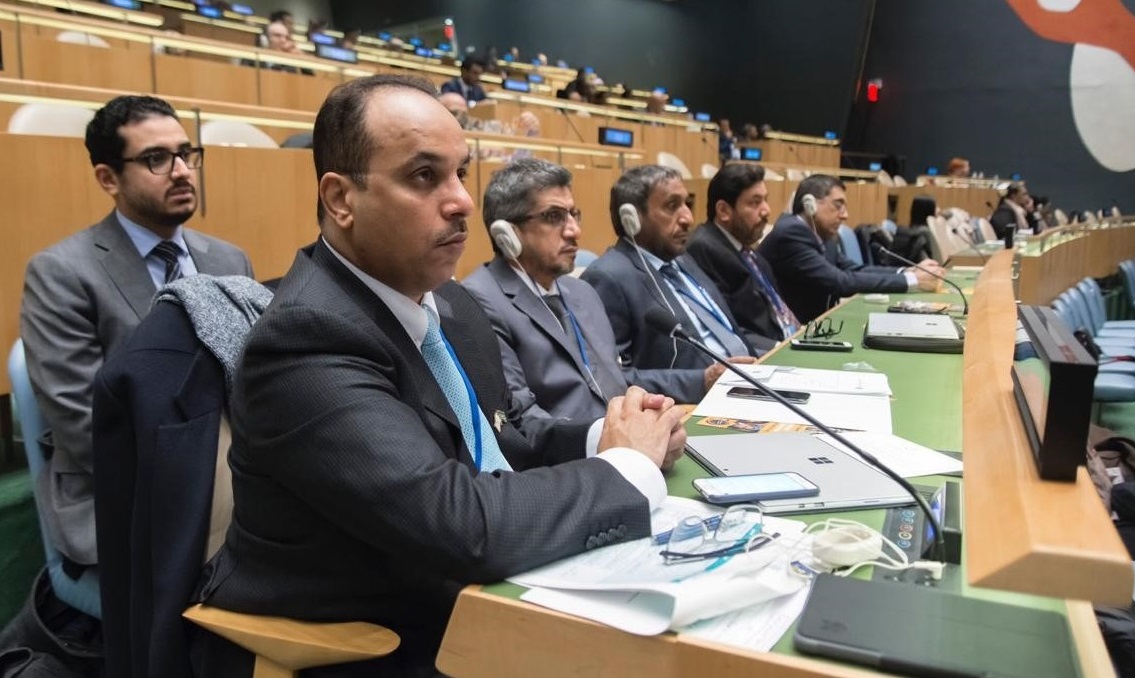
Saudi Arabia Ends its Participation in the Works of the United Nations Statistical Commission (50th Round)
18-03-2019
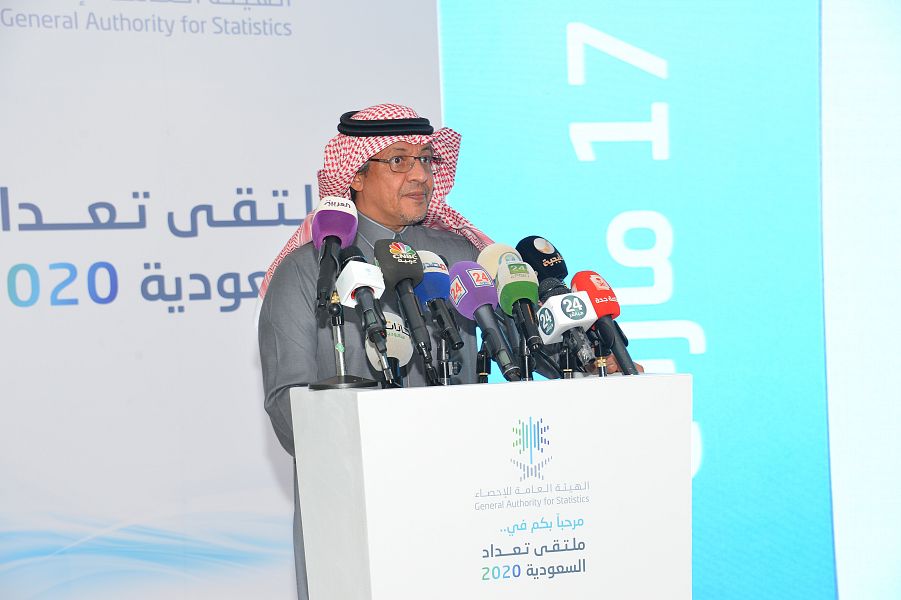
الهيئة العامة للإحصاء تعلن عن ليلة الإسناد الزمني لتعداد 2020
17-03-2019
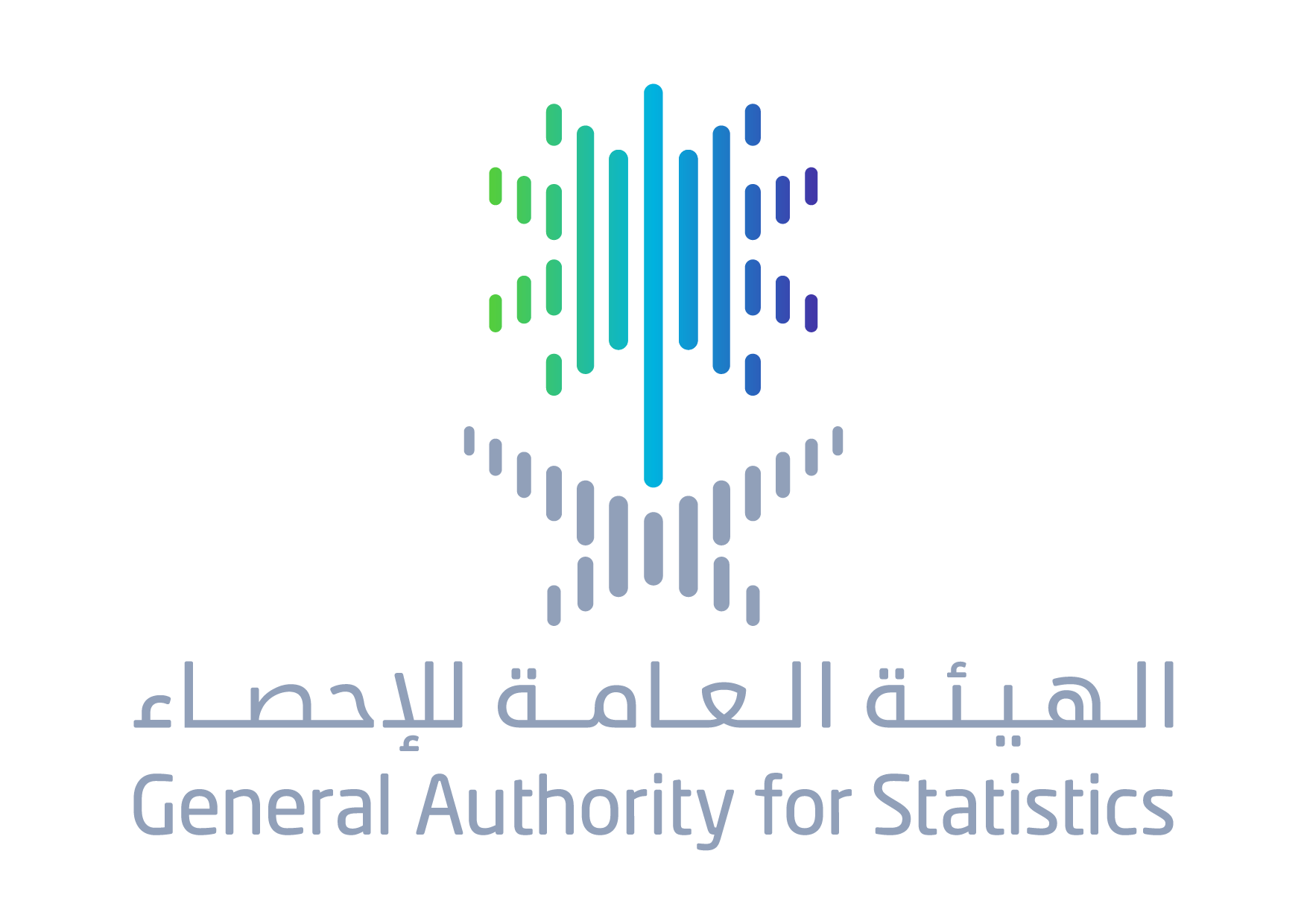
GASTAT: (17, 40%) of population are practicing sports for more than 150 minutes on a weekly basis
06-03-2019
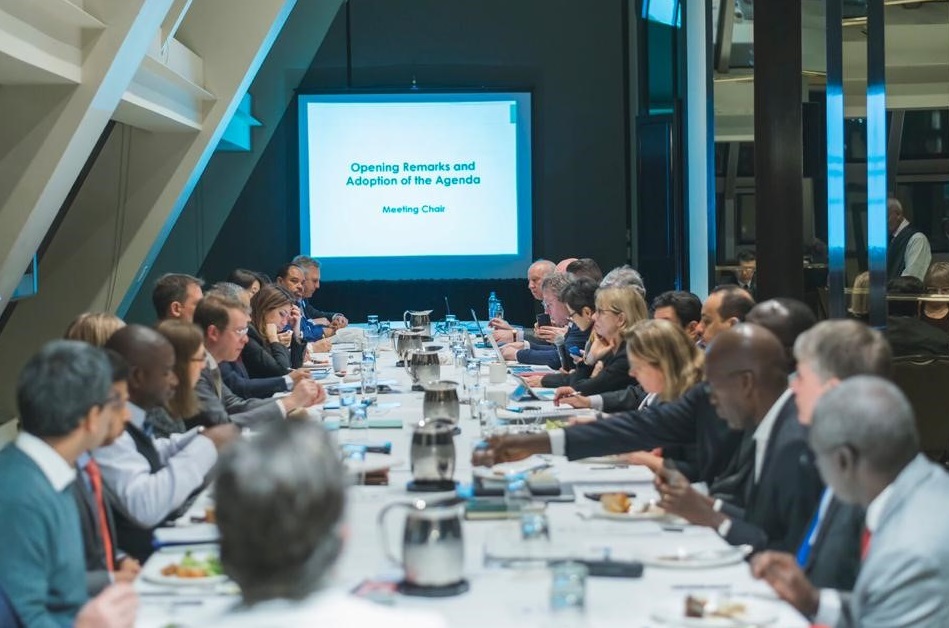
GASTAT Participates in ICP Board of Directors Fourth Meeting (2019)
06-03-2019
GASTAT: Saudi Unemployment Rate Falls in Q3 of 2018
29-01-2019
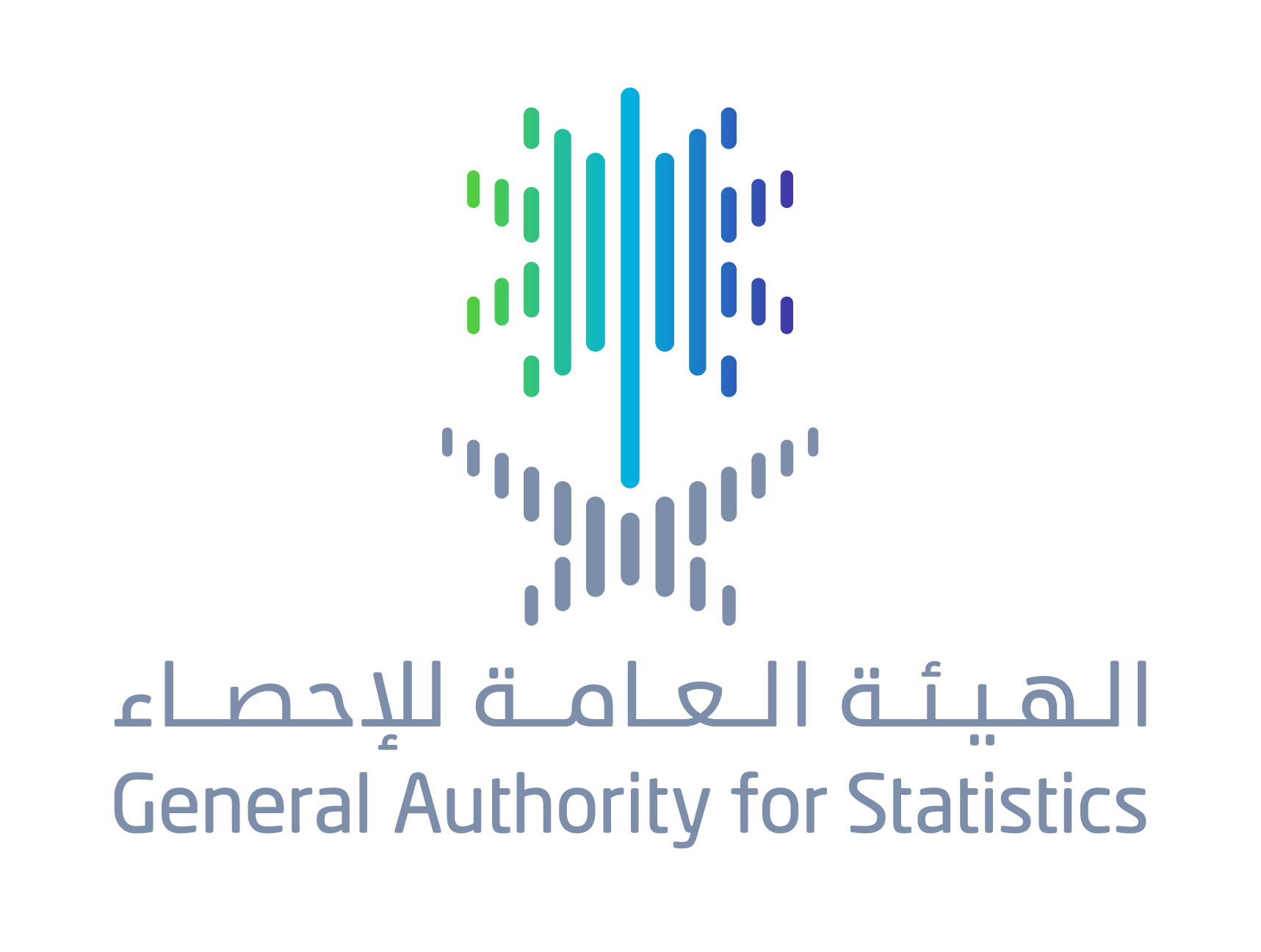
General Authority for Statistics (GASTAT): Stability in Wholesale Price Index, December 2018
28-01-2019
GASTAT Releases Housing Bulletin to Describe Households’ Dwellings Until the Mid of 2018
28-01-2019
General Authority for Statistics (GASTAT) Released Real Estate Price Index Q4, 2018
28-01-2019
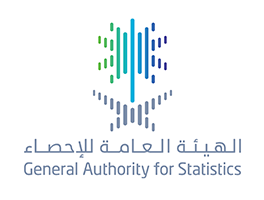
GASTAT: Consumer Price Index (CPI) Decreases by 0.3% in December, 2018
23-01-2019
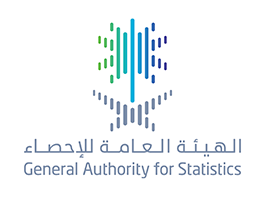
(Saudi and Non-Saudi) Unemployment Rate Drops to 6%, and Stabilizes at 12.9% for Saudi Citizens
22-01-2019
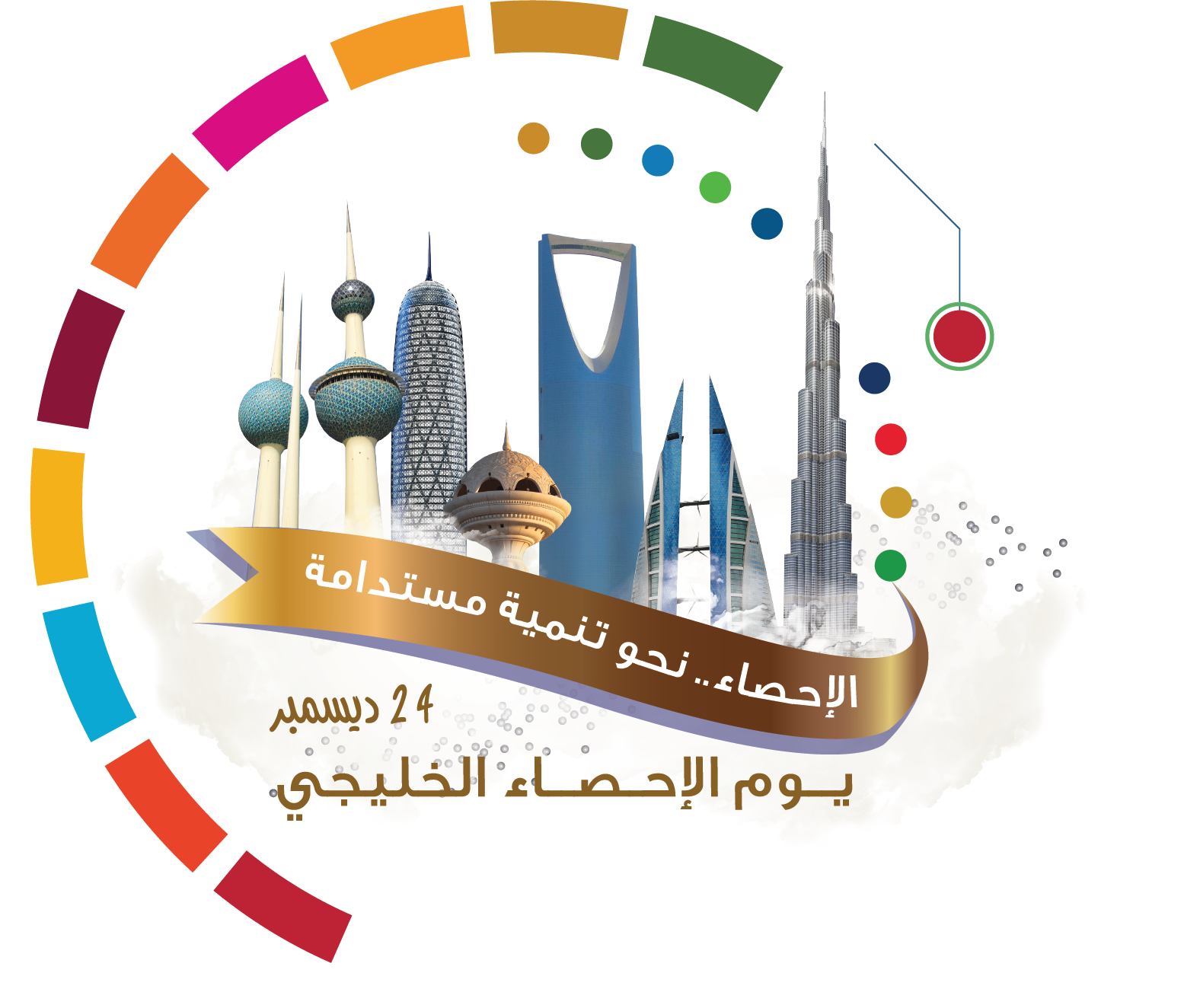
GASTAT Releases the Manual of Statistical Definitions, Concepts and Terms
13-01-2019
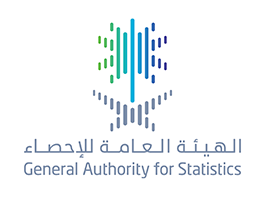
“GASTAT’’ Releases Results of (Industrial Economic Environment) Survey 2017
03-01-2019
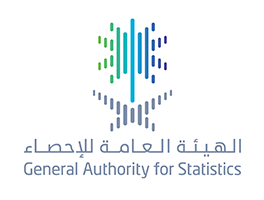
GASTAT: Consumer Price Index (CPI) Decreases and Annual Index Rises in November 2018
26-12-2018
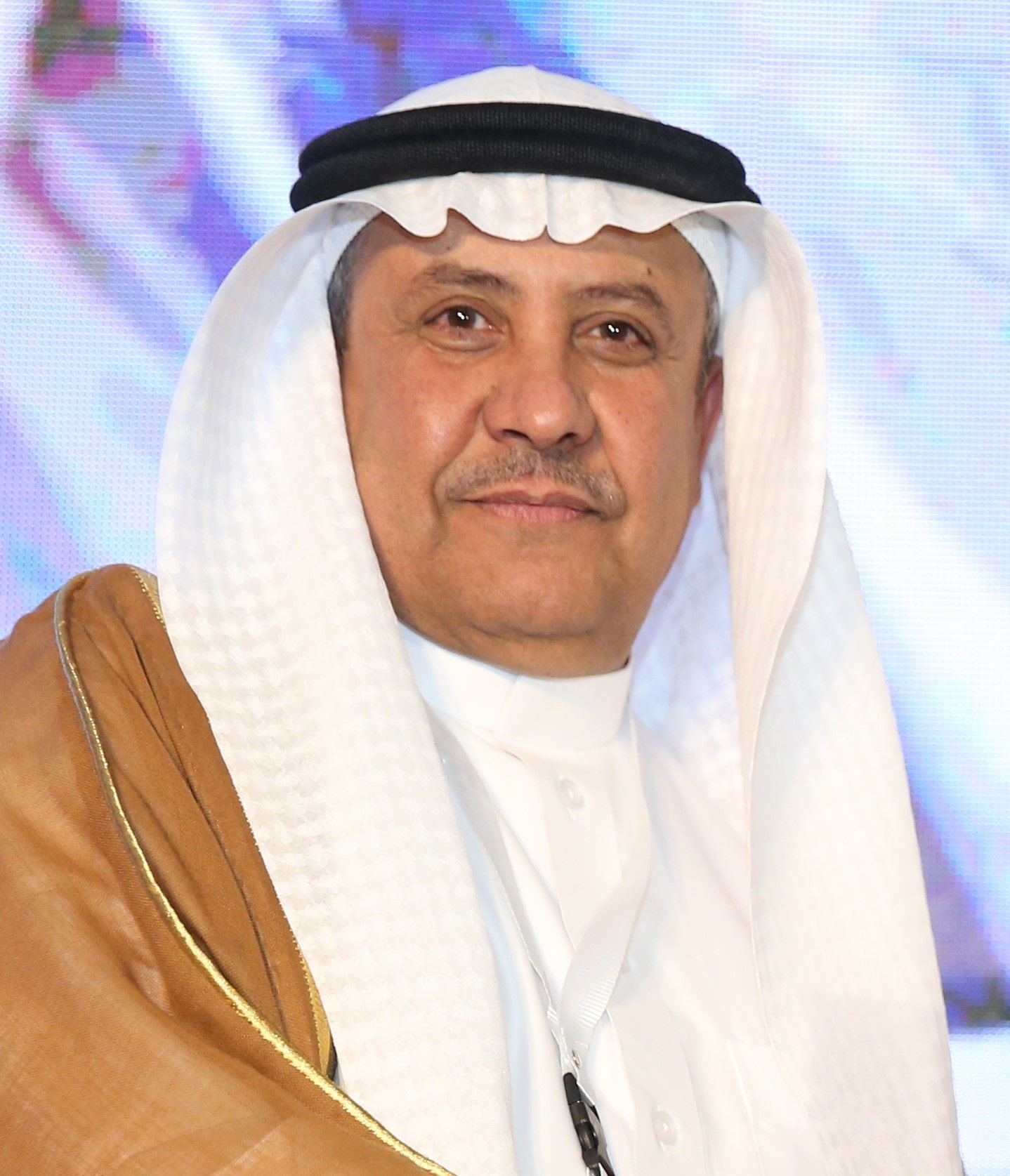
(SESRIC) board of directors holds its 41st meeting
25-12-2018
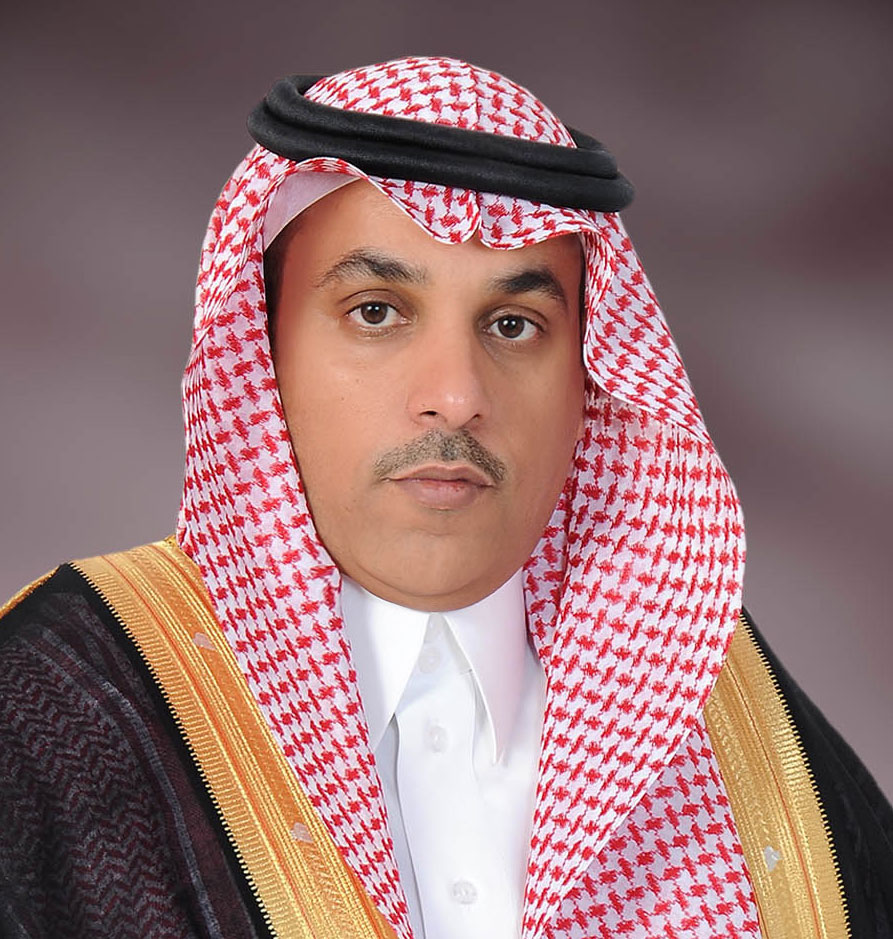
Dr.Fahad AL-Tukhaifi: the budget adopts an “organized planning’’ as a new approach for development
20-12-2018
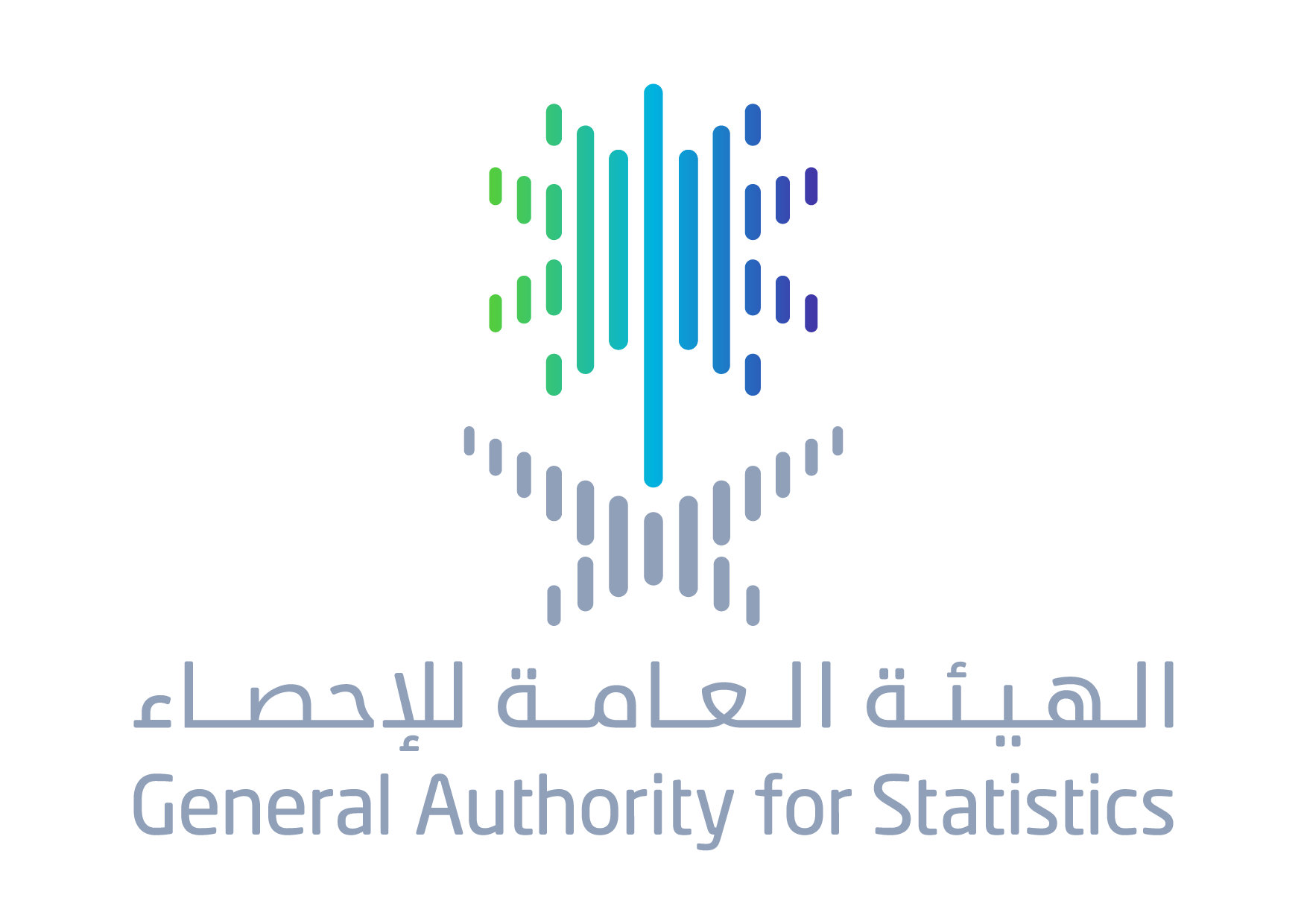
GASTAT Releases for the First Time Industrial Activity Survey's Results-2017
16-12-2018
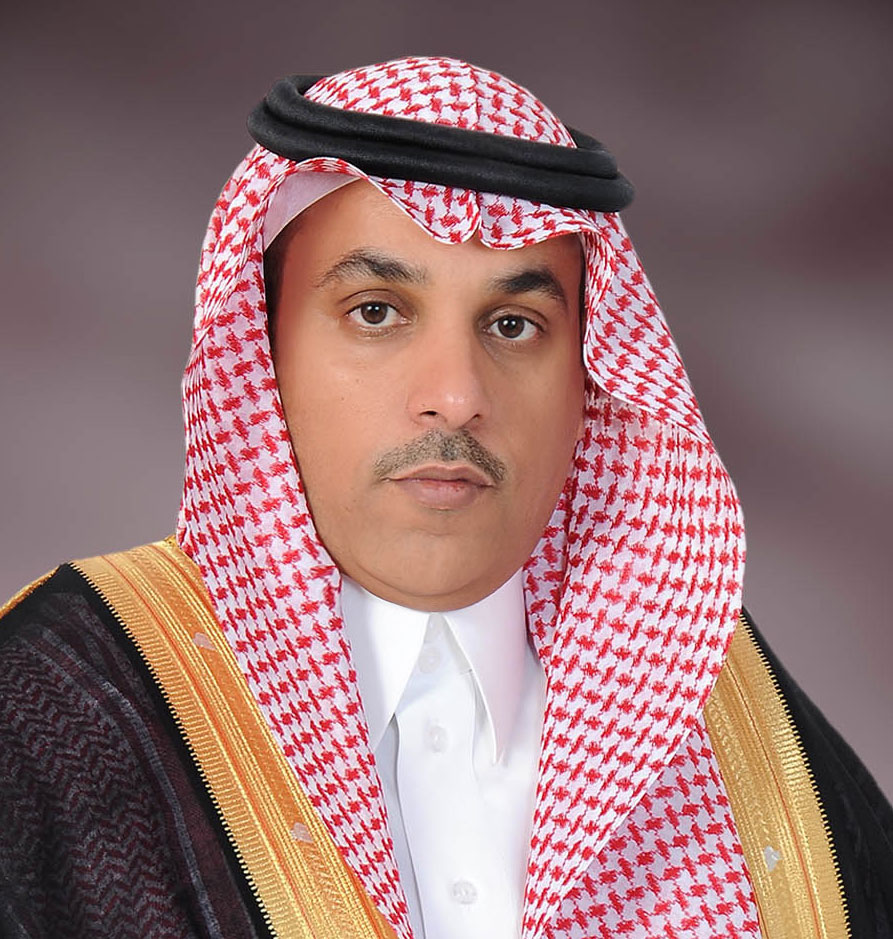
طويق وحكاية أربع سنوات في عهد "سلمان"
10-12-2018
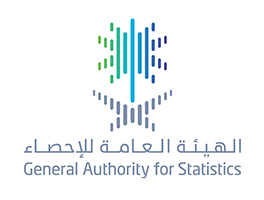
“GASTAT” Releases the Results of the Household Energy Survey for 2018
05-12-2018
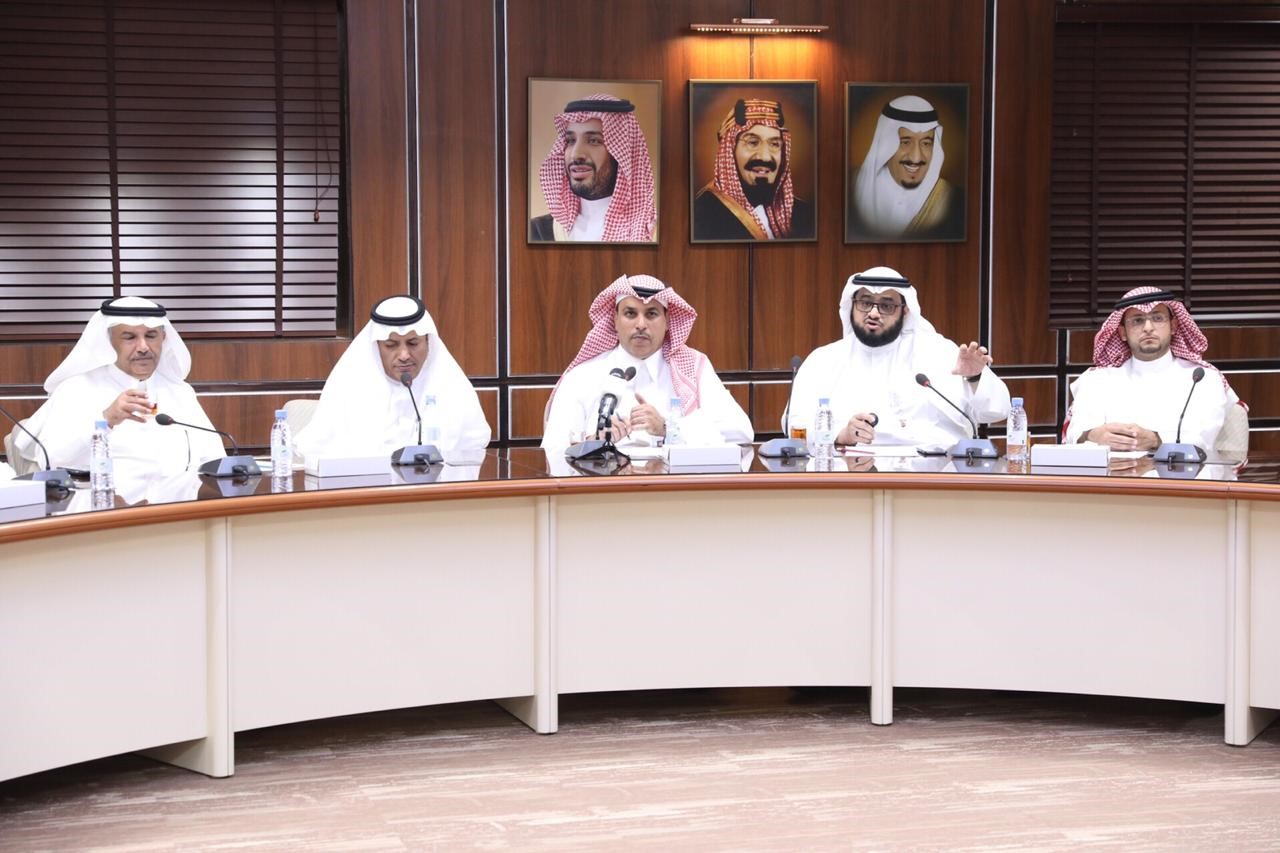
GASTAT concludes its awareness week in Aseer region
03-12-2018

GASTAT: Saudi Arabia is One Year Away Until the Saudi Arabia Census 2020
20-03-2019

Saudi Arabia Ends its Participation in the Works of the United Nations Statistical Commission (50th Round)
18-03-2019

الهيئة العامة للإحصاء تعلن عن ليلة الإسناد الزمني لتعداد 2020
17-03-2019

GASTAT: (17, 40%) of population are practicing sports for more than 150 minutes on a weekly basis
06-03-2019

GASTAT Participates in ICP Board of Directors Fourth Meeting (2019)
06-03-2019
GASTAT: Saudi Unemployment Rate Falls in Q3 of 2018
29-01-2019

General Authority for Statistics (GASTAT): Stability in Wholesale Price Index, December 2018
28-01-2019
GASTAT Releases Housing Bulletin to Describe Households’ Dwellings Until the Mid of 2018
28-01-2019
General Authority for Statistics (GASTAT) Released Real Estate Price Index Q4, 2018
28-01-2019

GASTAT: Consumer Price Index (CPI) Decreases by 0.3% in December, 2018
23-01-2019

(Saudi and Non-Saudi) Unemployment Rate Drops to 6%, and Stabilizes at 12.9% for Saudi Citizens
22-01-2019

GASTAT Releases the Manual of Statistical Definitions, Concepts and Terms
13-01-2019

“GASTAT’’ Releases Results of (Industrial Economic Environment) Survey 2017
03-01-2019

GASTAT: Consumer Price Index (CPI) Decreases and Annual Index Rises in November 2018
26-12-2018

(SESRIC) board of directors holds its 41st meeting
25-12-2018

Dr.Fahad AL-Tukhaifi: the budget adopts an “organized planning’’ as a new approach for development
20-12-2018

GASTAT Releases for the First Time Industrial Activity Survey's Results-2017
16-12-2018

طويق وحكاية أربع سنوات في عهد "سلمان"
10-12-2018

“GASTAT” Releases the Results of the Household Energy Survey for 2018
05-12-2018

GASTAT concludes its awareness week in Aseer region
03-12-2018